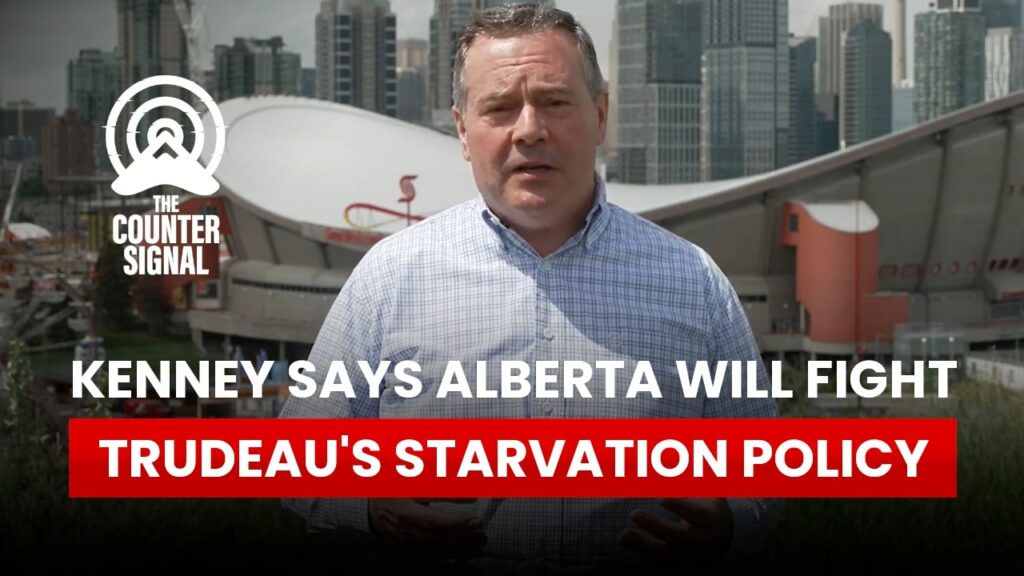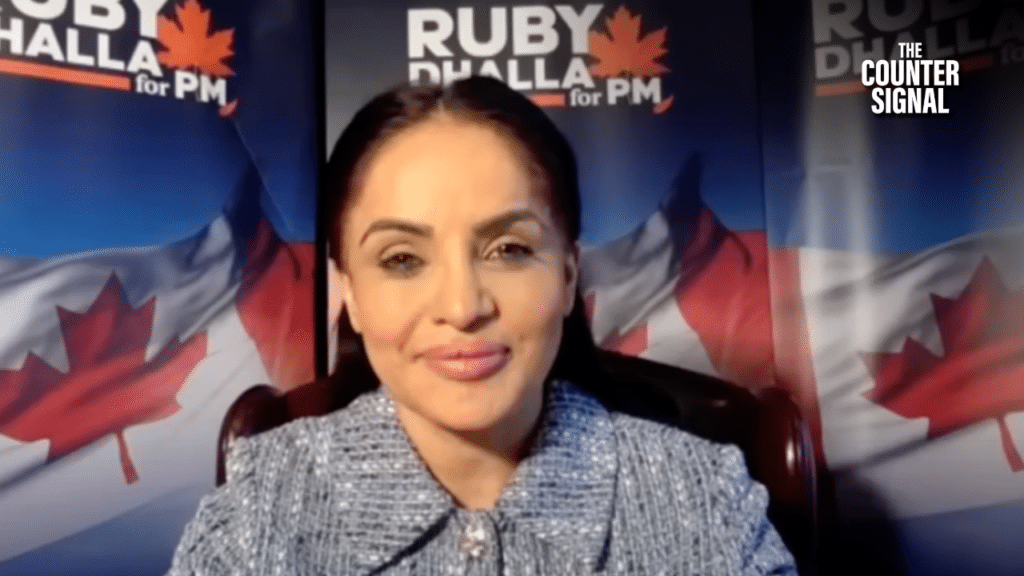Alberta Premier Jason Kenney has come out to defend farmers whose businesses will be destroyed by Trudeau’s fertilizer reduction starvation policy.

“The Trudeau Liberal government has been hammering Canada’s largest industry, oil and gas, for years, and now they’re moving to a new target, Canadian farmers, with their proposal to reduce by 30% a key component of the fertilizers that are used by farmers right across Canada and around the world to get the best yields they can,” Kenney began.
“And this is happening just when the world is facing a serious global food security crisis,” he continues. “Now, that pre-dates Russia’s invasion of Ukraine. Because of sky-high gas prices, which are the result of dumb green policies that have caused Europe to become almost completely dependent on Russian gas exports, Europe has shut in about 50% of their fertilizer production.”
Kenney’s comments couldn’t be timelier. As reported earlier today, BASF, the world’s largest chemical producer, announced that it plans to cut ammonia production even further to cope with skyrocketing natural gas prices. Ammonia is a critical ingredient in nitrogen fertilizers, and the company acknowledges this will further exacerbate fertilizer prices.
Kenney continues, saying that Trudeau’s cap on nitrogen emissions from fertilizer will only hurt farmers more and that food shortages will be an obvious consequence.
“Now you have European governments like in Holland and elsewhere trying to reduce even from there the access to fertilizers. Well, you know what this means? Less fertilizer means less food. It means radically lower agricultural yields,”
“And apparently, according to the proposal tabled at a federal-provincial meeting of agriculture ministers last week, the Trudeau government now wants to bring those kinds of policies here to Canada.”
Indeed, at the meeting, provincial agriculture ministers practically begged Trudeau to stop pushing forward with the fertilizer reduction policy, saying that it could only cause more harm to those in the industry.
As stated by Kenney, “Now any farmer will tell you that fertilizer costs are already sky high. Input costs are by far the highest they’ve ever been. And our farmers, even with good prices, are having a hard time making ends meet. To tell them now that they have to get ready within a few years to reduce by at least 30% their utilized fertilizer input would be absolutely devastating to Canadian farmers and how much food that they can produce, not just for Canada but the rest of the world.”
“It is time to stop the ideology and start with some common sense,” Kenney continues, “And that’s why Alberta’s government is joining with several other Canadian provinces to fight to the wall to stop the Trudeau government’s plan to cut Canada’s agricultural output by cutting our fertilizer use.”
Ottawa’s planned attack on fertilizer will hurt our farmers.
— Jason Kenney 🇺🇦 (@jkenney) July 27, 2022
It needs to stop.
Less fertilizer means less food.
Europe shut in about 50% of its fertilizer production.
Canada should not repeat the same mistake. pic.twitter.com/BztOiC1CPd
As previously reported by The Counter Signal, in December 2020, the Trudeau government unveiled their new climate plan, with a focus on reducing nitrous oxide emissions from fertilizer by 30% below 2020 levels by 2030. That plan will soon come into effect — though the government refuses to acknowledge that nitrous oxide emissions can be reduced without drastically reducing fertilizer use and thus crop production.
According to a report from Fertilizer Canada:
Total Emission Reduction puts a cap on the total emissions allowable from fertilizer at 30% below 2020 levels. As the yield of Canadian crops is directly linked to proper fertilizer application, this creates a ceiling on Canadian agricultural productivity well below 2020 levels….
It is estimated that a 30% absolute emission reduction for a farmer with 1000 acres of canola and 1000 acres of wheat, stands to have their profit reduced by approximately $38,000 – $40,500/ annually.
In 2020, Western Canadian farmers planted approximately 20.8 million acres of canola. Using these values, cumulatively farm revenues from canola could be reduced by $396M – $441M on an annual basis. Wheat famers could experience a reduction of $400M.
Moreover, Fertilizer Canada doesn’t believe that forcibly decreasing fertilizer use will even lower greenhouse gases but could lead to carbon leakage elsewhere.
Nonetheless, Trudeau’s government is moving forward, with farmer’s groups speaking to Farmers Forum now wondering if he’s intentionally trying to cause a food shortage — which Trudeau previously told Canadians to prepare for.










